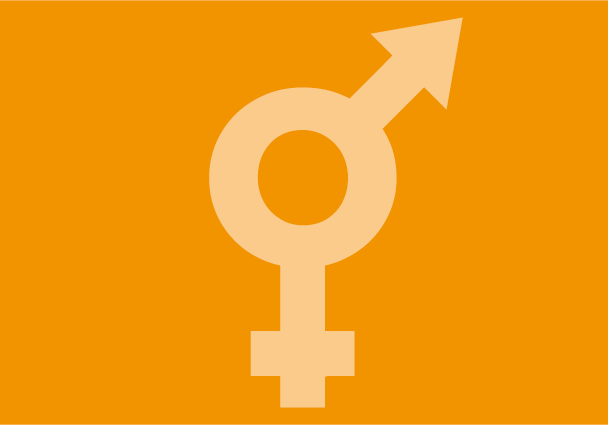
Sep 17, 2009 | Events
The ICJ and other NGOs are hosting a side event at the 12th Session of the Human Rights Council: the Role of International Law in the Protection of People of Diverse Sexual Orientations and Gender Identities.
Featured speakers include ICJ Commissioner Vitit Muntarbhorn, Kenya National Human Rights Commissioner Lawrence Mute, and Alternative Law Forum co-founder Arvind Narrain. The occasion is also the launch of the Practitioner’s Guide on Sexual Orientation, Gender Identity, and International Human Rights Law.
HRC Side Event on Sexual Orientation and Gender Identity-Events-2009 (Full text, DOC)
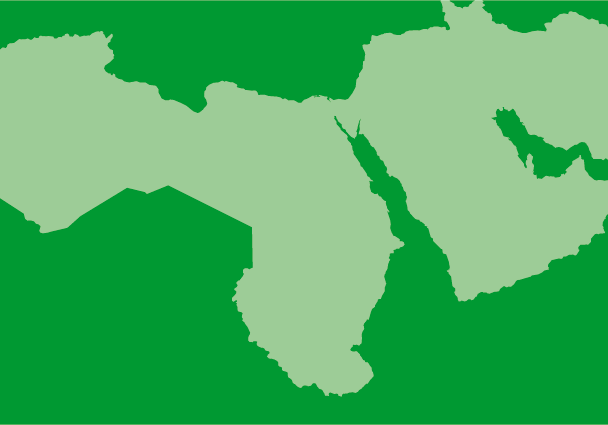
Jan 26, 2006 | Events
The Arab Center for the Independence of the Judiciary and the Legal Profession (ACIJLP) organizes a workshop titled “Women Holding Judiciary Positions in Egypt….Legislative and Real Obstacles” on Monday, 30 January, 2006 at the Shepheard hotel’s Nefertiti hall.
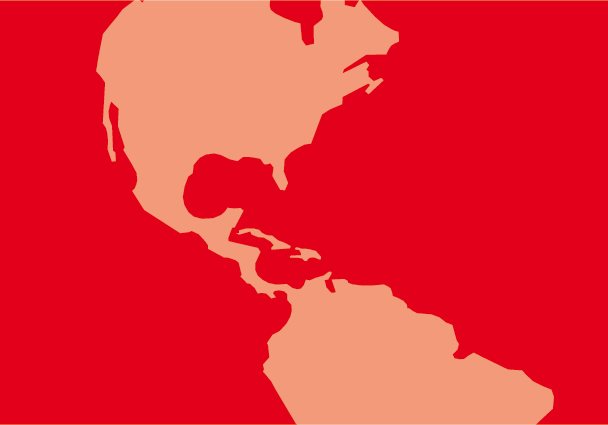
May 5, 2004 | Advocacy, Non-legal submissions
En el marco del debate sobre la situación de los derechos humanos en Colombia, la CIJ presentó una declaración oral conjuntamente con la Comisión colombiana de juristas y Amnistía Internacional.
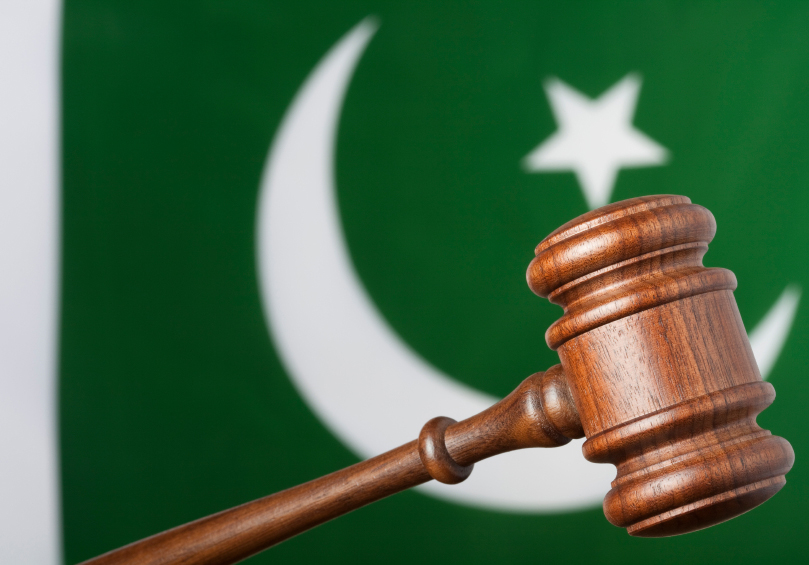
Jul 26, 2002 | Advocacy, Open letters
The ICJ intervened with President Pervez Musharraf requesting that police inaction in the case of the gang-rape of a woman and her very young brother be investigated.
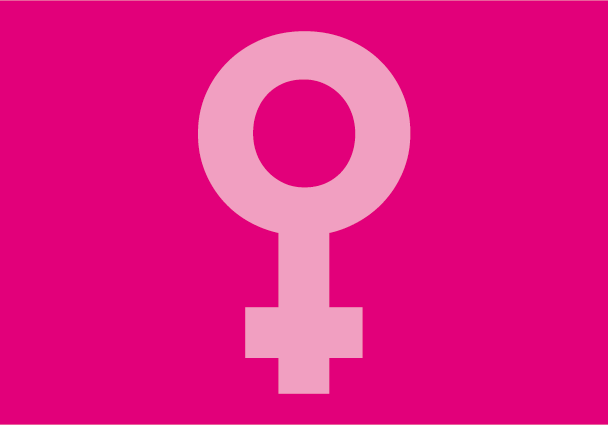
Nov 22, 1994 | News
This report published today is the outcome of an ICJ mission to the Philippines, the Republic of Korea, the Democratic People’s Republic of Korea and to Japan in April 1993 to study the issue.
The report documents the circumstances in which “sexual services” were forcibly obtained from Korean and Filipino women by the Japanese army before and during World War II. It contains the poignant testimonies of former “comfort women” who have had the courage to reveal their ordeal to the world. It also examines the legal responsibility of the present Japanese government towards these women whose numbers range between 100,000 and 200,000 and what steps must be taken to rehabilitate them.
The report is written by Ms. Ustinia Dolgopol, Lecturer at the School of Law, The Flinders University of South Australia and Ms. Snehal Paranjape, an Advocate of the Bombay High Court, India. They interviewed over 40 victims, three former soldiers, government representatives, NGOs, lawyers, academics and journalists.
The ICJ report finds that the Japanese Imperial Army was responsible for the setting up of a vast network of “comfort stations” for the “enjoyment” of the Japanese Army, before and during World War II. Chinese, Dutch, Filipino, Indonesian, Korean, Malaysian, Taiwanese and other women and girls, often as young as 13, were thrown into these “comfort stations” and “sexual services” were extracted from them through unimaginable violence and cruelty. The Japanese military was fully responsible for the setting up, use, operation and control of the “comfort stations.” Detailed regulations – which are reproduced in the Report – were framed by it in this regard.
This report urges the Government of Japan to take immediate steps to provide full rehabilitation and restitution to the victims as it is clear that it bears a moral and legal obligation towards them. It also contains a list of recommendations as to how this should be done.
The report is available at the ICJ Secretariat in Geneva.








